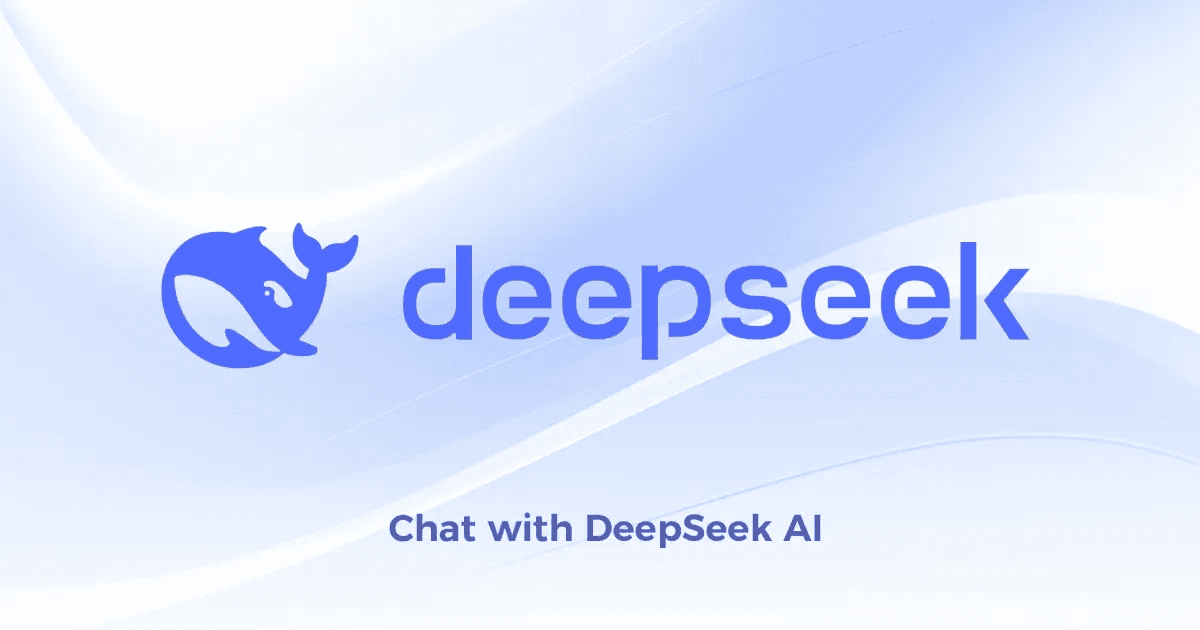DeepSeek, a Chinese AI startup, soared to the top of the Apple App Store charts. Its AI chatbot app outranked established tools like ChatGPT. This rapid success attracted global attention and challenged industry giants.
DeepSeek’s breakthrough demonstrates a shift in AI’s competitive landscape.
Significance of DeepSeek’s Emergence
The startup’s AI models were developed with remarkable cost-efficiency. DeepSeek’s V3 model reportedly cost around $6 million to train. This contrasts sharply with OpenAI’s GPT-4, which reportedly cost $100 million.
Despite U.S. export bans on advanced hardware, DeepSeek used less powerful Nvidia H800 chips effectively.
The chatbot’s success impacted major tech stocks, causing an 18% drop in Nvidia’s share price. This reflected the disruptive nature of DeepSeek’s technology on the market.
How DeepSeek Achieved Rapid Growth
The company benefited from strong financial backing by High-Flyer Capital Management, a Chinese quantitative hedge fund. This support enabled DeepSeek to build dedicated data center clusters for training models.
DeepSeek recruited aggressively, hiring doctorate researchers from top Chinese universities. They also employed experts without traditional computer science backgrounds to diversify model knowledge.
The startup fosters transparency by releasing its models under the MIT License. This open licensing encouraged collaboration and broad adoption within the AI community.
- The first AI model set—DeepSeek Coder, LLM, and Chat—debuted in 2023.
- DeepSeek-V2 models gained industry recognition for benchmark performance and lower costs.
- DeepSeek-V3, launched in 2024, outperformed competitors like Meta’s Llama and OpenAI’s GPT-4o.
- The reasoning model R1 competes well on benchmarks and self-fact-checks to increase reliability.
DeepSeek’s AI chatbot app attracted over 16.5 million visits recently. While less than ChatGPT’s 500 million weekly users, it marked notable market penetration. More users have developed derivative models based on DeepSeek’s R1, with over 2.5 million combined downloads on platforms like Hugging Face.
However, DeepSeek’s Chinese government regulation requires its models to reflect core socialist values. Some content, such as topics on Taiwan or Tiananmen Square, is restricted.
There is debate over DeepSeek’s business model, which offers products at deeply reduced prices or for free. Despite intense venture capital interest, the startup is not taking investor money currently.
The company’s success prompted security concerns. Several countries and governments have banned DeepSeek on official devices, citing data risks. The U.S. Commerce Department banned DeepSeek on government systems, and states like New York followed suit.
OpenAI CEO Sam Altman acknowledged DeepSeek’s innovations and pledged improved models from OpenAI in response.
Meanwhile, Microsoft added DeepSeek’s AI to its Azure AI Foundry service, integrating it into enterprise AI offerings.
Despite mixed industry reactions, DeepSeek’s rise illustrates the evolving global AI race. It challenges technological and market assumptions, underscoring the impact of efficient AI development practices.

Leave a Reply